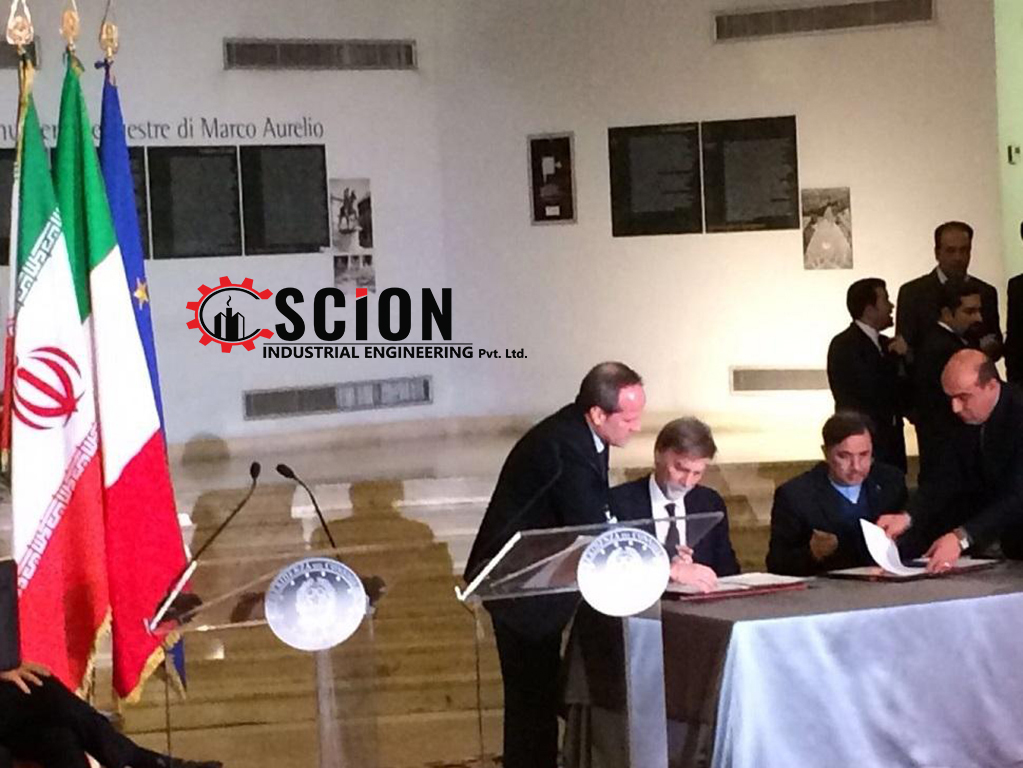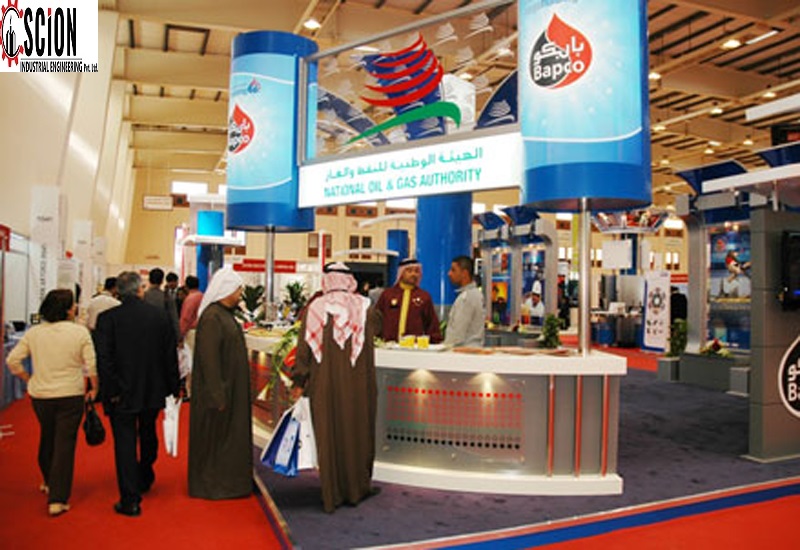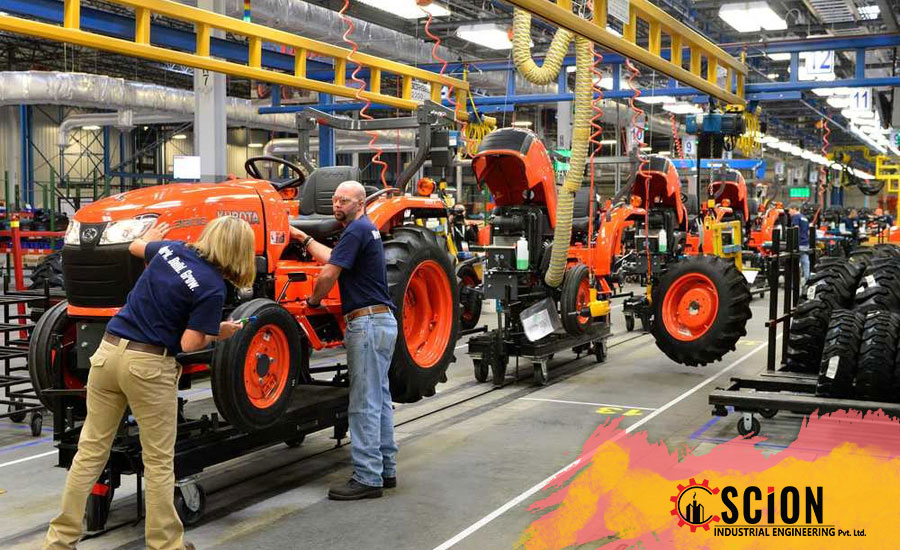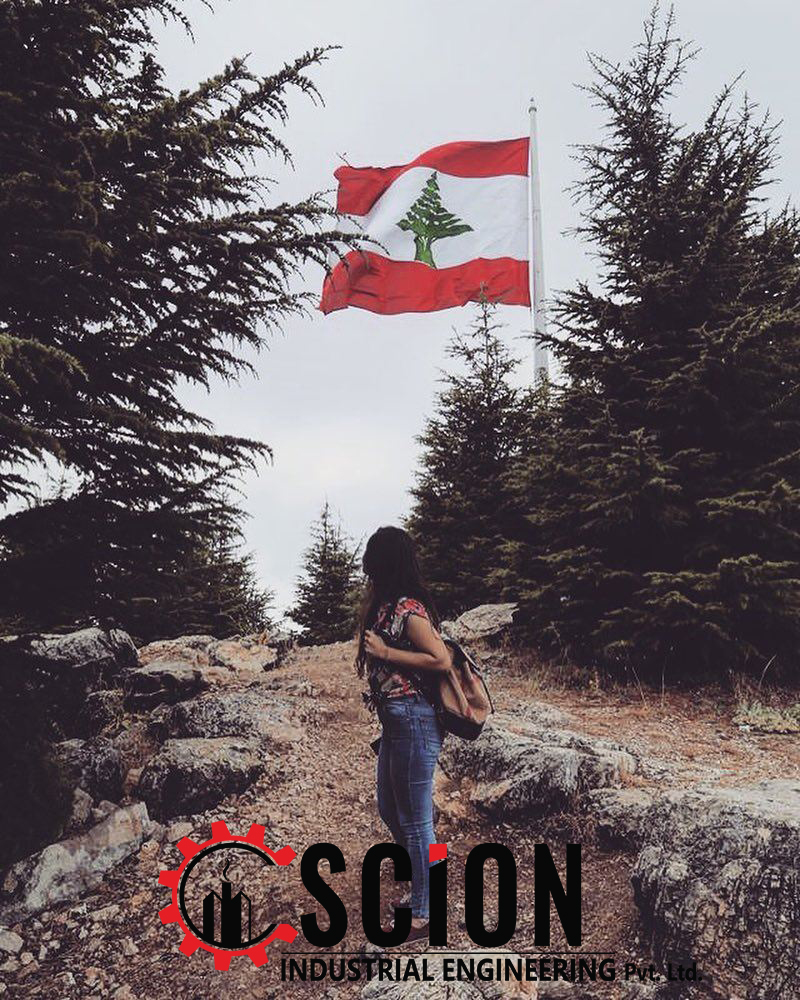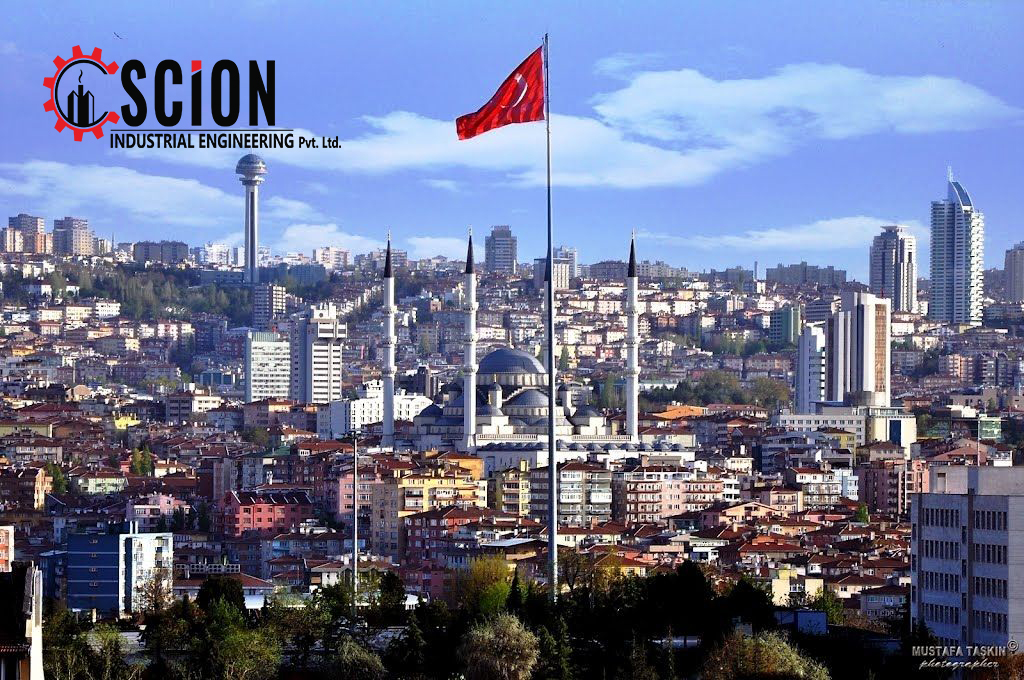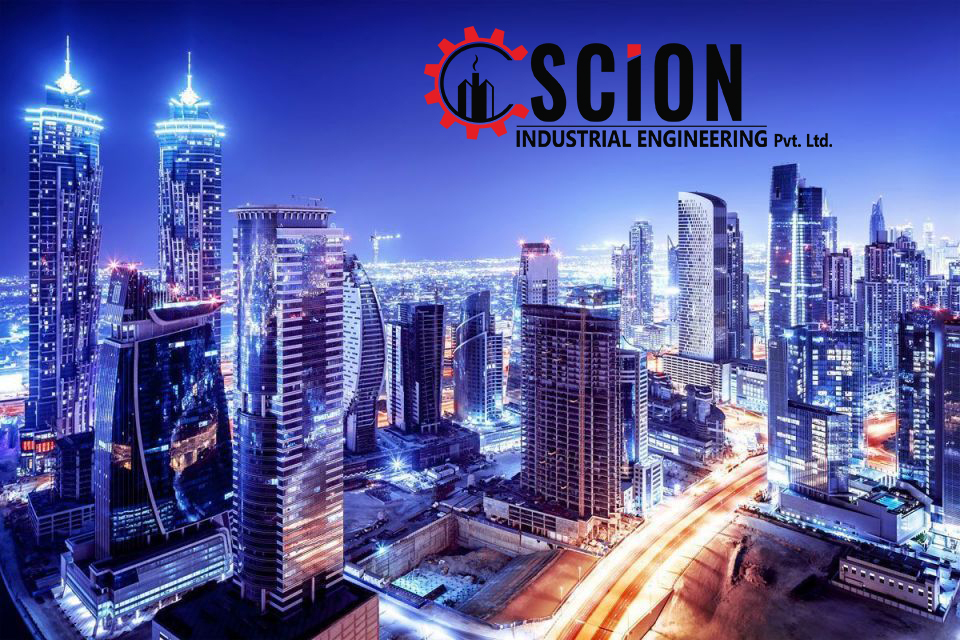Iraq is emerging from the destruction and strategizing the rebuilding of the country to position itself as a regional super power, said Frost & Sullivan’s recent research report on Assessment of Industry Sector Opportunities in Iraq.
Bridged between Asia, Middle East and African economies and strategically placed at the mouth of Europe, Iraq possesses immense locational advantage as a nation with opportunities that stand to be untapped.
The country benefits from immense natural wealth in the form of its huge reserves of natural resources. Having been brutally battered first by the Gulf war and more recently by the ISIS conflict, Iraq is just emerging from the destruction and strategizing the rebuilding of the country to position itself as a regional super power.
Newer opportunities are emerging with the return of semblance of political stability and initiation of the nation’s redevelopment and The recent report provides a broad overview of the current status of these high priority sectors, apart from providing a brief peek into addressable opportunity areas.
The recent report provides a broad overview of the current status of these high priority sectors, apart from providing a brief peek into addressable opportunity areas.
reformation plans, according to Frost & Sullivan.
Even as the nation’s re-building opportunity proves to be humongous and unique, investors and businesses alike are in need of business intelligence in understanding the right mode of entry, the most rewarding business model and business opportunity, stated the report.
Iraq possesses one of the largest oil reserves in the world, making it a highly attractive business opportunity.
As the country also focuses on diversification initiatives, opportunities unfurl in sectors such as construction, infrastructure, healthcare, transportation, energy and telecom which are being positioned as high priority development sectors, it stated.
The recent report provides a broad overview of the current status of these high priority sectors, apart from providing a brief peek into addressable opportunity areas.
Ali Mirmohammad, senior consultant for Iraq, Frost & Sullivan said: “With the end of the ISIS war, Iraq is on the path of reconstruction and economic resurrection that calls for sustained investment to the tune of over $900 billion within the next decade.”
“Iraq plans to focus on the Oil & Gas downstream value chain as well as minerals value chain, construction and infrastructure industries, healthcare, energy, tourism and financial services sectors to move the GDP growth rate by 10 per cent annually within the next decade,” explained Mirmohammad.
Following the ISIS war, multiple sectors are in a state of disarray and would need massive re-development and newer investments.
“Oil and gas, housing, infrastructure, industry, minerals, and service sectors will account for 65 per cent of the overall investment in the next 10 years, while ICT, transportation healthcare, water, electricity, tourism and renewable energy will grab the remaining 35 per cent investment in Iraq in the next 10 years,” he added.
Iraq emerging as top infrastructure investment hub
Mirmohammad pointed out that the country requires over $30 billion per annum of foreign direct investment (FDI) to achieve its reformation and stabilisation goals within the next 10 years.
“With more than 39 million population, Iraq remains and attractive consumer market with potential of over $40 billion,” he added.
Source:https://auto.economictimes.indiatimes.com/news/industry/iraq-emerges-top-infrastructure-investment-hub/62959957

